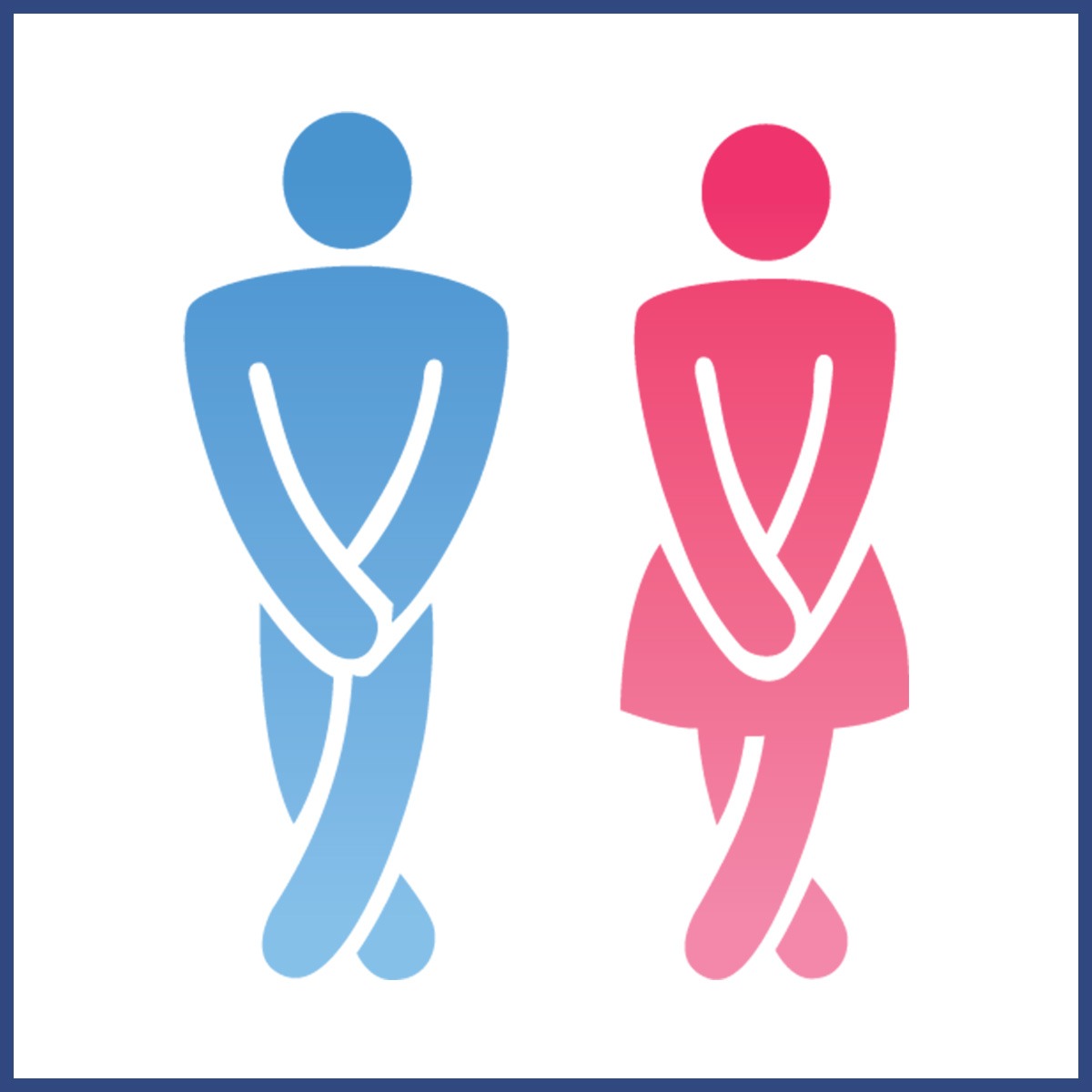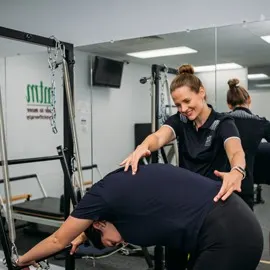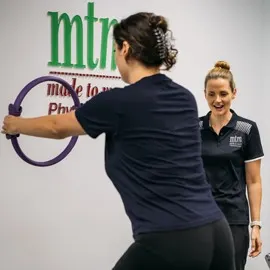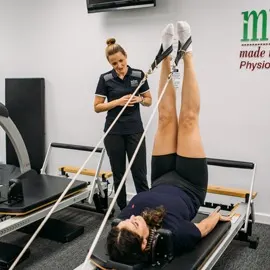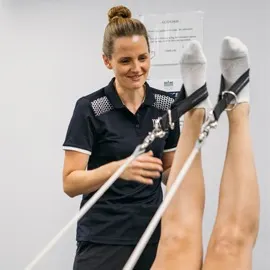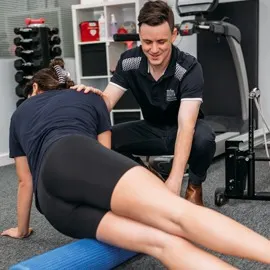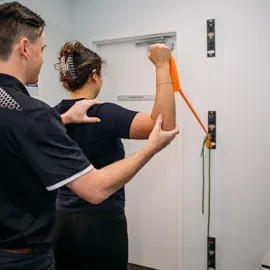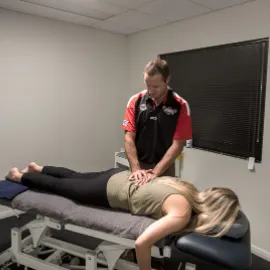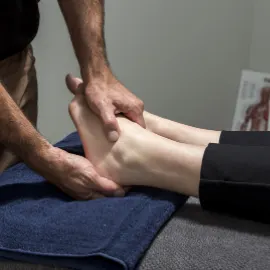Women'sHealth Physiotherapy
stress incontinence with exercise, sneezing, coughing
urgency, frequency and leaking on the way to the toilet.
symptoms of internal dragging or heaviness
difficulty with bladder or bowel emptying
Importance of assessment by a Continence and Women’s Health Physiotherapist.
The prevalence of pelvic floor problems such as intra-vaginal prolapse, stress or urge incontinence is high. In women who have had children, 50% will suffer pelvic organ prolapse with symptoms of bladder and bowel dysfunction.
Repair surgery will help many women, but an estimated 30% of operations fail as women continue with their damaging habits.
Pelvic floor exercises and correcting damaging habits are an effective way of treating prolapse and incontinence. However 6 out of 10 incontinent women perform pelvic floor exercises incorrectly. Assessment by a Continence Physiotherapist will determine what habits need to be changed and to ensure correct pelvic floor technique. In this way you will maximise the benefits of your pelvic floor exercises.
Our Continence and Women’s Health Physiotherapist can help manage the following conditions:
Urinary Incontinence
- Stress incontinence with exercise, sneezing, coughing
- Urgency, frequency and leaking on the way to the toilet.
Prolapse of pelvic organs
- Symptoms of internal dragging or heaviness
- Difficulty with bladder or bowel emptying
Bowel symptoms
- Incontinence of wind or faeces
- Constipation
Pelvic pain
- Pain in the perineal, vaginal or pelvic regions related to sexual pain, childbirth, or surgery.
Prenatal pregnancy and postnatal issues
During pregnancy, your body changes shape, and it’s not uncommon to experience aches and pains during this process. Don’t ignore these symptoms, reach out and seek help. Our Women's Health Physiotherapy provides aid for a range of prenatal pregnancy issues including the following;
- Pelvic instability causing sacro-iliac and / or pubic symphysis pain
- Postnatal recovery of perineal pain / hemorrhoids
- Postnatal recovery of pelvic floor and abdominal muscle strength
- Breast conditions such as blocked ducts or mastitis
Pre and post pelvic surgery
- Hysterectomy, prolapse repair
- Continence surgery
- Prostate surgery
General Women's Health Physiotherapy
Our experienced women's health Physiotherapist has a special interest in providing women with the practical knowledge regarding the causes of pelvic floor dysfunction, how to prevent and correct it, along with improving and maintaining their overall general health.

Ask a Physio
Not sure whether you are appropriate for Physiotherapy?
Fill out the form and one of our physiotherapists will be in touch with you within 24 hours.











